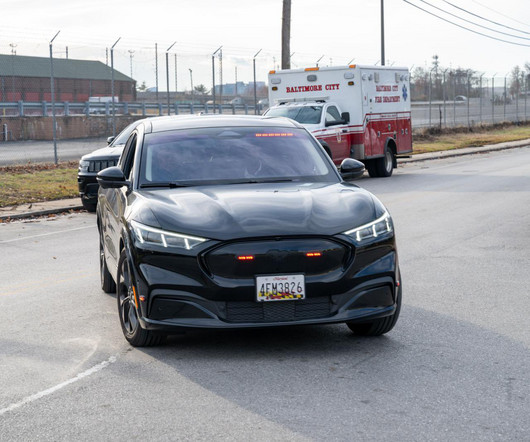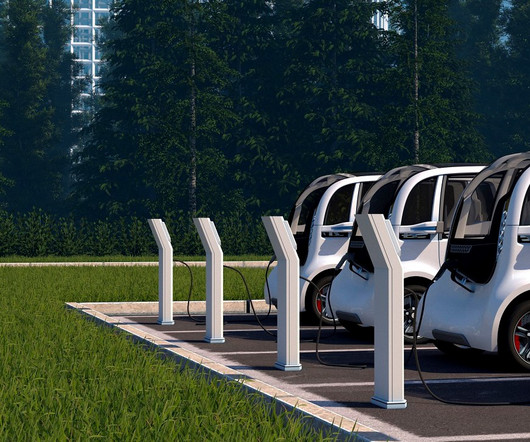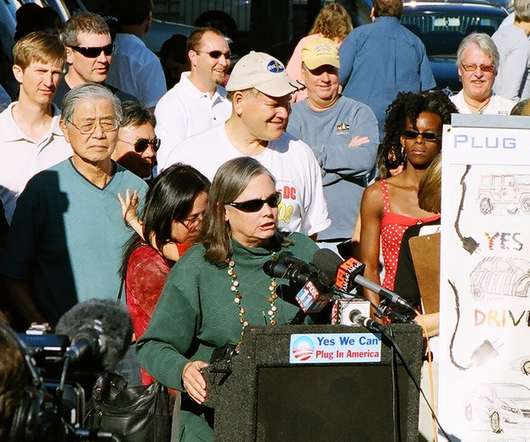Baltimore will electrify city vehicle fleet by 2030
Teslarati
DECEMBER 6, 2023
Baltimore Mayor Brandon Scott signed a bill on Monday that ensures the city’s fleet of government vehicles will be all-electric by 2030. Maryland’s announcement in March, along with Baltimore’s on December 4, both featured all-electric vehicles from Ford, as the Mustang Mach-E seems to be the centerpiece of each.












Let's personalize your content